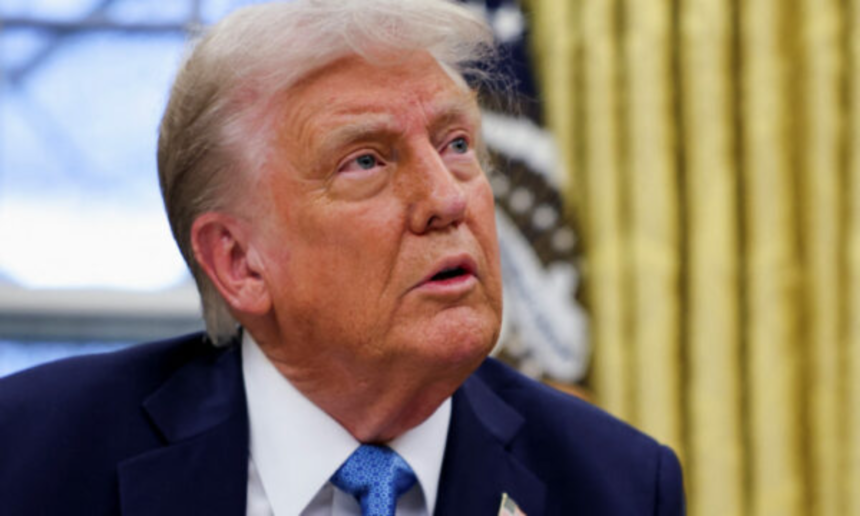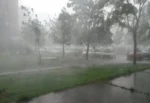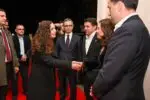U.S. President Donald Trump has called on Russia to accept a 30-day ceasefire, warning that additional sanctions will be imposed on Russia if it rejects the American proposal.
“Russia has no other option but to accept the ceasefire. If necessary, we will sanction them, although I hope we won’t need to do that,” Trump told reporters at the White House on Wednesday.
“From a financial standpoint, we can do very unpleasant things, very bad things, which would be destructive for Russia, but I don’t want that,” he added.
One day earlier, Ukraine accepted the temporary ceasefire after nine hours of talks with Trump’s officials in Saudi Arabia.
Trump has made the end of Russia’s three-year occupation of Ukraine his main priority since taking office in January, quickly sending high-ranking officials to Moscow and Kiev to pave the way for talks.
He has used Washington’s significant influence over Ukraine—mainly through military aid and intelligence sharing—to convince Kiev to accept the ceasefire proposal.
However, Trump does not have the same influence over Russia, which is already under heavy sanctions from both the U.S. and Europe.
Experts say that Putin is likely to drag out ceasefire talks in order to improve his position on the battlefield and, consequently, at the peace negotiation table.
Russian forces are not only advancing in eastern Ukraine but are also pushing Ukrainian forces out of the Kursk region.
Ukraine made a surprise incursion into Kursk in August last year, capturing part of Russian territory in hopes of exchanging it for Ukrainian land once peace talks begin. Russia has since recaptured more than half of the territory it initially lost in Kursk.
Trump hinted that Ukraine may need to make territorial concessions, something that more and more experts say is inevitable given Russia’s battlefield advances.
“When we talk about a ceasefire [with Ukraine], we’re talking about land, about who withdraws—there were many things we discussed [with Ukraine],” Trump said.
“We don’t want to waste time, people are dying. Russia is not in the best position now. I hope [Putin] accepts the ceasefire,” he added.
Earlier on Wednesday, Ukrainian President Volodymyr Zelensky stated that the 30-day ceasefire agreement could be used as a draft for a broader deal and added that it is now up to Russia to decide if it wants to engage in the peace process.
“It is up to Russia to decide what will happen next, whether it wants to continue its aggression against Ukraine or not,” Zelensky said at a press conference on Wednesday.
The Ukrainian leader praised the talks that led to the ceasefire proposal and stressed the need for next steps to be outlined in order to reach a long-term peace deal, with security guarantees for Ukraine, to end the three-year war.
Moscow has so far refused to comment on the details of the 30-day ceasefire proposal, and it remains unclear whether Russian President Vladimir Putin has made a decision on the agreement.
Kremlin spokesperson Dmitry Peskov said that Moscow will wait until it receives more detailed information from Washington, and U.S. Secretary of State Marco Rubio said that Washington “will contact the Russians” today, reports REL.
Rubio told reporters on Wednesday, in his first comments after leaving the talks in Jeddah, that the United States hopes to receive a positive response from Russia regarding the ceasefire agreement and “calls on the Russians to stop all hostilities.”







